-
Last updated on
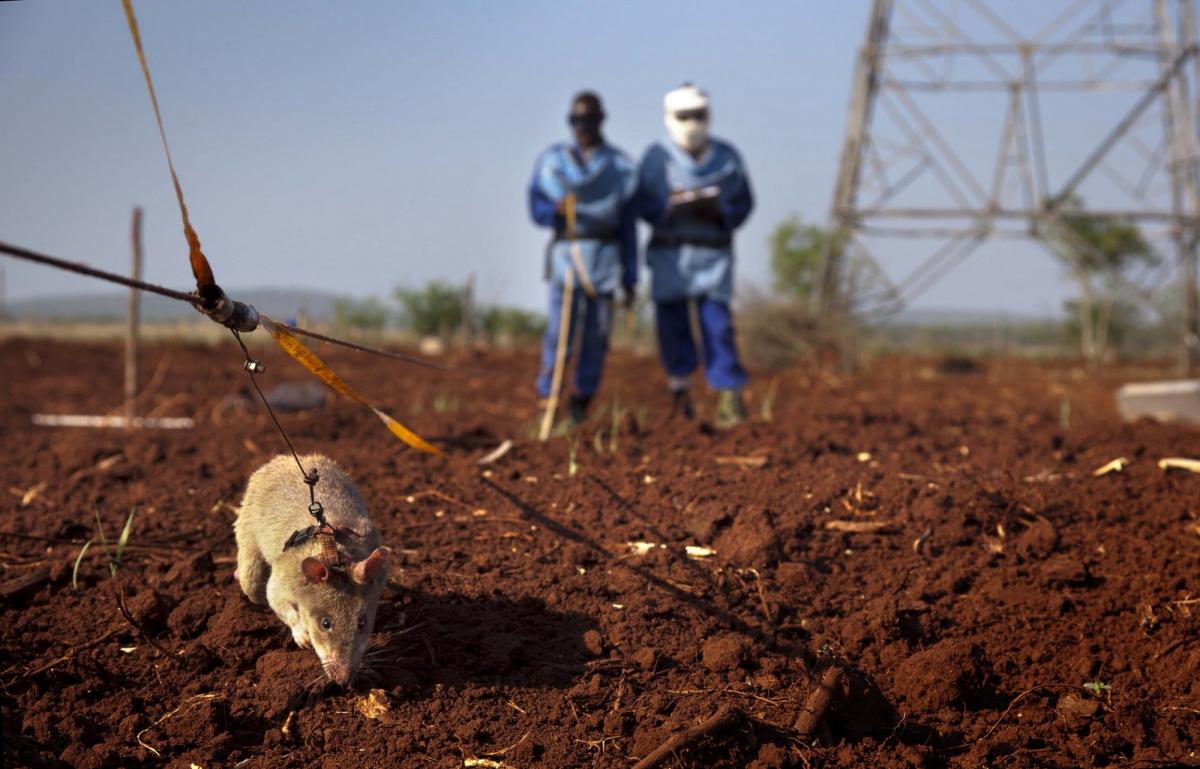
A deminer from APOPO in Angola at work with a HeroRAT. © APOPO
Effective rats and dogs
‘I am really happy and excited,’ says História da Cunha (Angola). ‘After the Belgian NGO, APOPO, came along with its tracking rats, a large piece of land in my village Quitexe was declared mine-free. Finally, I could return and acquire a piece of land. Today, I'm growing crops on that land to feed my children. The community is safe again and life in Quitexe is gradually returning to normal!’
História da Cunha is one of the beneficiaries of an APOPO mine-clearance project in Angola, which was financed by the Peace-building Department of Belgium's FPS Foreign Affairs. The NGO has a very striking way of finding these landmines – by using rats. More specifically, it trains the “giant African hamster rat” to recognise the smell of TNT, the explosive substance specific to landmines. These trained rats – known as HeroRATs – are almost infallible and can find any landmine.
And that is something they do extraordinarily quickly. A single HeroRAT can sniff out an area the size of a tennis court in 30 minutes. A deminer with a metal detector would take up to 4 days to do so, depending on how much metal remains are hidden.
What is more, the rats are very intelligent and calm and are easy to train. Weighing only 1 kg, they are also too light to detonate a mine. The upkeep costs for rats are also low.
The HeroRATs have one drawback – before they can get to work, the vegetation on the site must be removed. This is why APOPO nowadays also makes use of trained dogs. Tracking dogs of that type can also detect mines in overgrown terrain. A combination of trained dogs and HeroRATs is ideal and is something that APOPO is also using in Angola. This had previously been done successfully – and with Belgian funding – in Cambodia.
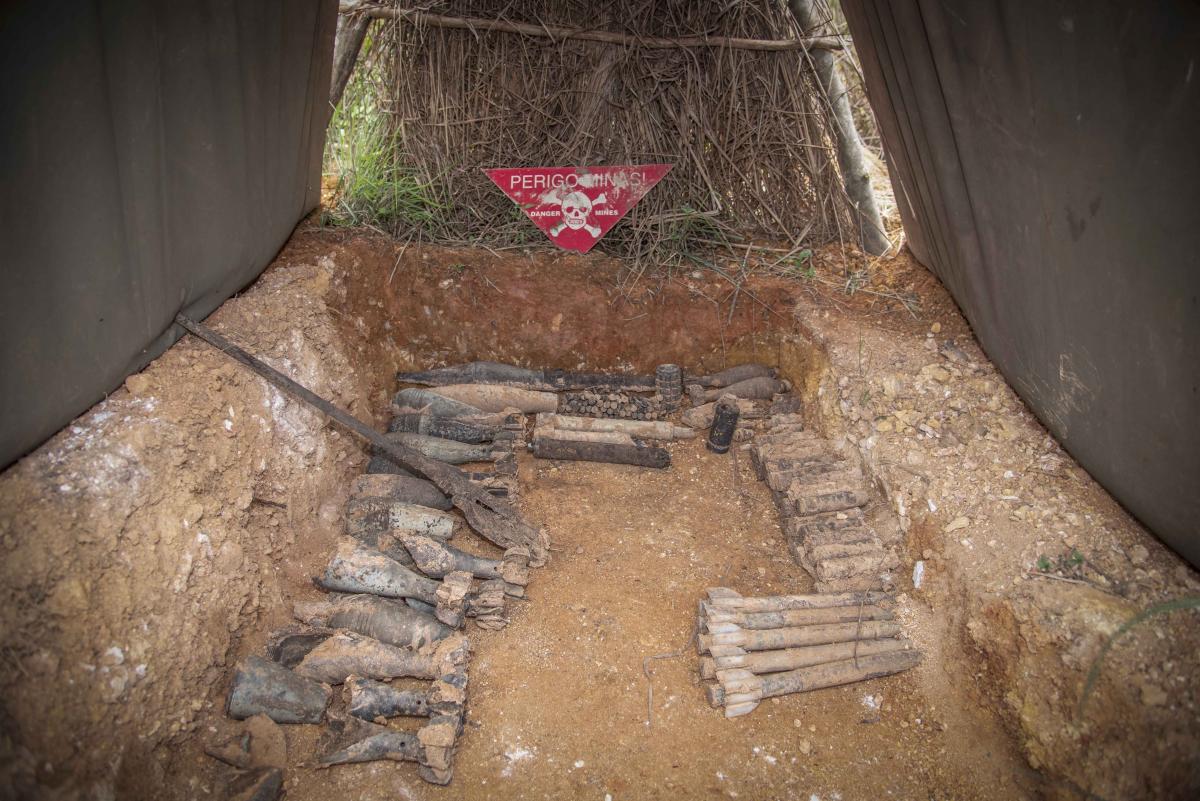
The mines found by APOPO are temporarily stored. © APOPO
An obstacle to stabilisation and economic recovery
In Angola, there are millions of landmines, a remnant of a fierce civil war which nonetheless ended as long ago as 1992. Other countries heavily affected by landmines include Afghanistan, Iraq, Cambodia, Yemen, Ukraine and Bosnia-Herzegovina.
This means that huge areas of land cannot be used for agriculture or other forms of development. In Angola, for example, those areas cover 88 million m². Sometimes, the land is used out of sheer necessity anyway, resulting in thousands of people being killed and injured every year. Children at play are also often victims.
The contamination of land by explosives therefore not only endangers the livelihood and well-being of the civilian population, but it also hinders humanitarian access during and after conflicts. And once the conflict is over, it forms a serious obstacle to stabilisation and economic recovery. It also prevents refugees and internally displaced persons from returning home.
The Ottawa Convention
To bring the horror to an end, 122 countries signed the Ottawa Convention in 1997. Since then, the list of signatories to the Convention has increased further. A total of 164 countries have now joined, including all the EU Member States. All parties to the Convention undertake not to use anti-personnel mines and to destroy all stocks of landmines they may possess. They also promise to provide assistance to victims and to clear minefields.
Of the 63 countries with mines on their territory, 31 have been declared mine-free to date. Each signatory to the Convention has the right to request assistance from other signatory countries. The APOPO mine clearance project mentioned above illustrates how Belgium is helping Angola, which is a signatory to the Convention, to meet its obligations.
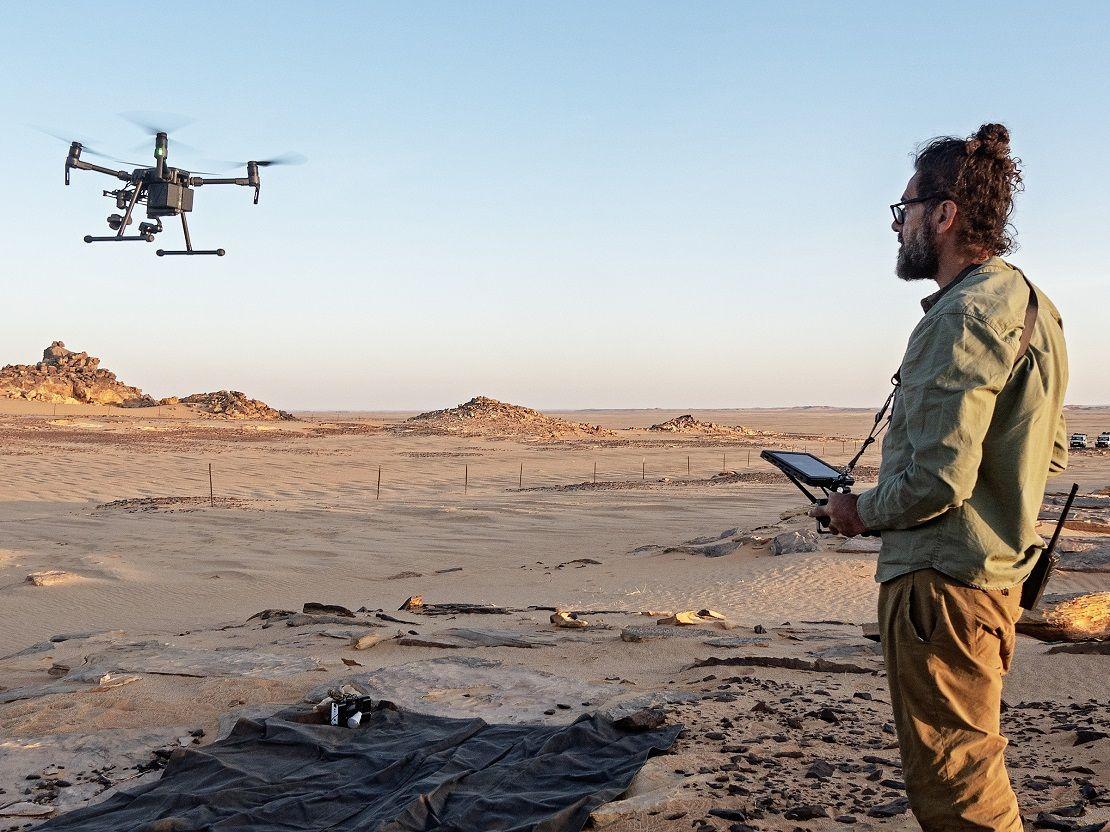
Handicap International successfully deployed drones in Chad to clear mines. © HI
Belgium is a forerunner
Our country is a firm believer in mine clearance. In 1995, it was the first country to ban anti-personnel mines. At the time, Belgium also played a pioneering role in the international struggle to ban these weapons, which culminated in the Ottawa Convention. HRH Princess Astrid is the Special Envoy of this Convention. In that capacity, she appeals to authorities around the world to urge them to accede to the Convention.
Our country also supports innovation in the area of mine action. APOPO's use of rats and dogs is an example of this. Belgium also financed a project carried out by Handicap International in Chad that uses drones to detect mines more safely, quickly and cheaply.
The empowerment of mine victims is also an area of focus. For example, our country was a member of the Victim Assistance Committee of the Ottawa Convention for 4 years, including as chairman. It donated 2.5 million euros (2018-2020) for a "disability & mine campaign" by the International Red Cross.
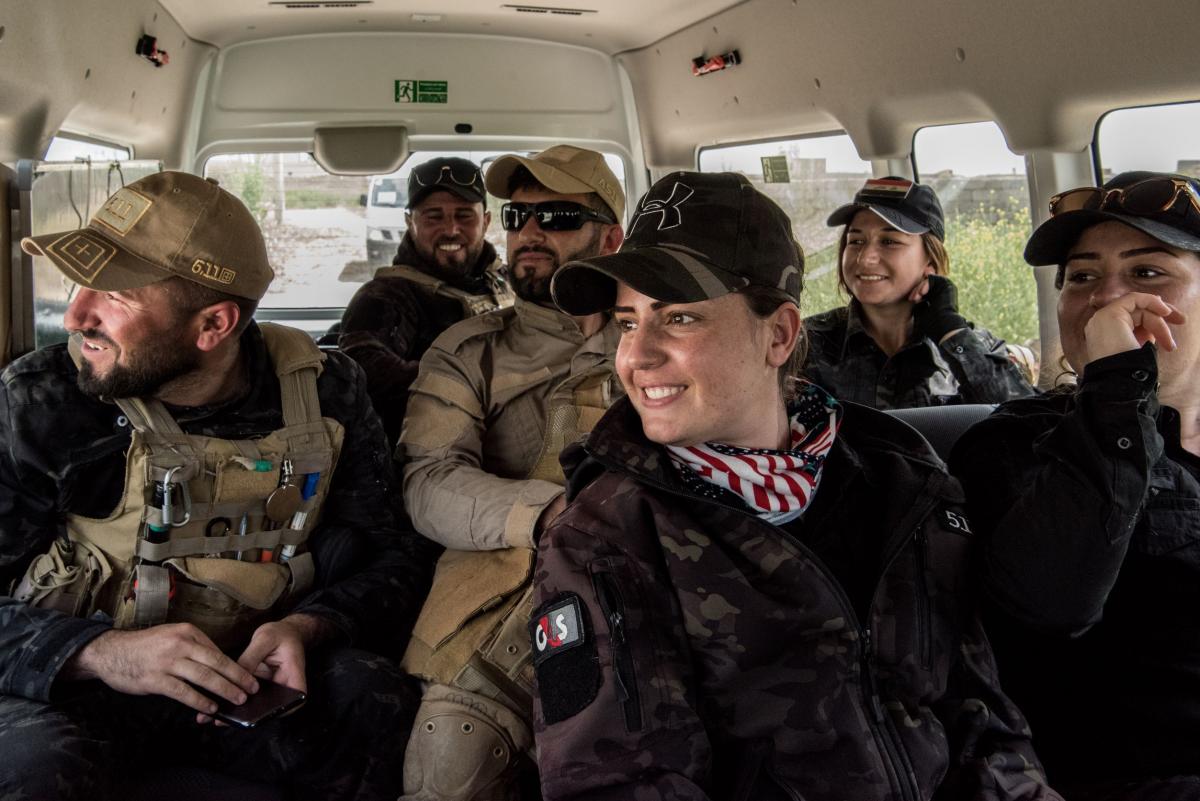
UNMAS deploys mixed demining teams in Yezidi territory in Iraq. © UNMAS
Mine action in Iraq and Syria against IS
Belgium sees mine action as part of a “comprehensive approach” that combines foreign policy, humanitarian policy, peace-building and sustainable development. For example, mine clearance is playing an important role in the stabilisation of Iraq and Syria. After all, it is enabling internally displaced persons to return and agriculture and other economic activities to restart. Such “post-conflict” stabilisation is necessary to prevent the return of the Islamic extremist group IS.
Our country donated 4 million euros (2020-2021) to UNMAS – the United Nations Mine Action Service, which is the main coordinating body for mine action worldwide - towards its activities in Iraq and Syria. In Syria, the emphasis for the time being is on “risk education”. In 2020 alone, 2 million people were made aware of how to avoid accidents involving mines. Over 1000 humanitarian workers were also trained to deliver risk education. Contamination with mines is being mapped in order to gradually enable mine clearance.
In Iraq, reinforcement is being provided to local players in mine clearance. The intention is that Iraq will eventually be able to take full responsibility for its own mine action. UNMAS is also active in a region where IS committed mass killings of the Yezidi population and carried out a campaign of sexual violence against women. The organisation deploys mixed demining teams: male-female, Muslim-Yezidi. In this way, UNMAS is showing the local communities how gender barriers and religious differences can be broken down. The NGO, Halo Trust, is also active in Iraq, with Belgian funding.
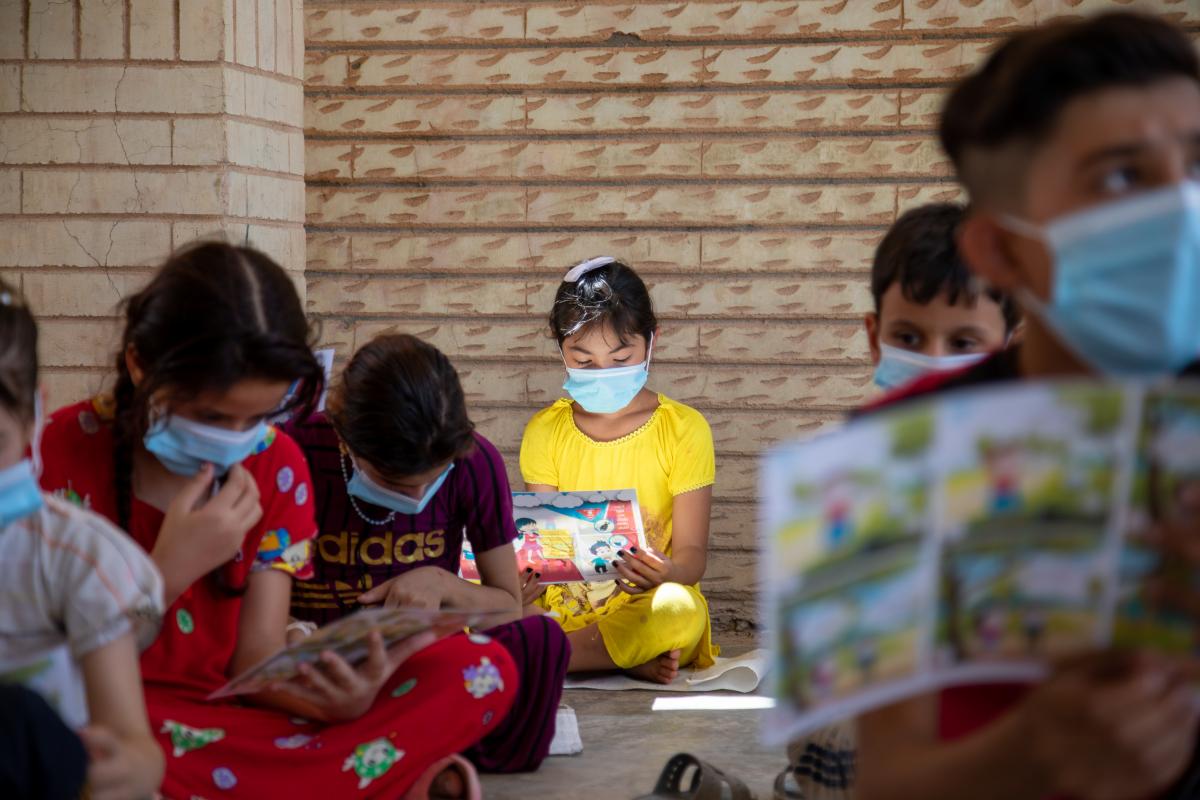
Halo Trust teaches Iraqi children how to avoid problems with mines. © Halo Trust
A world without mines?
The Ottawa Convention has clearly already made the world a safer place. Yet there are still millions of landmines in the ground. It is therefore essential that as many countries as possible sign up to this convention and comply with its obligations. Belgium will continue to actively work towards this.
The signatories to the Convention aim to achieve a world without mines by 2025, which is a particularly challenging goal. Sustained efforts and additional investment are therefore all the more necessary. Remarkable innovations such as trained rats and dogs (APOPO) and drones (Handicap International) can speed up the process.
More on Cooperation
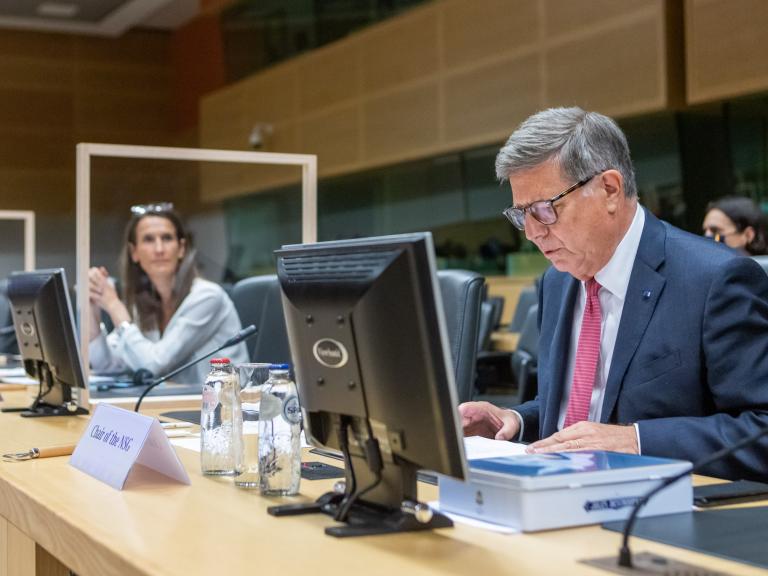
Strong commitment to peaceful uses of nuclear expertise
With a plenary session in the Egmont Palace (Brussels) in June 2021, Belgium successfully concluded its Presidency of the Nuclea...
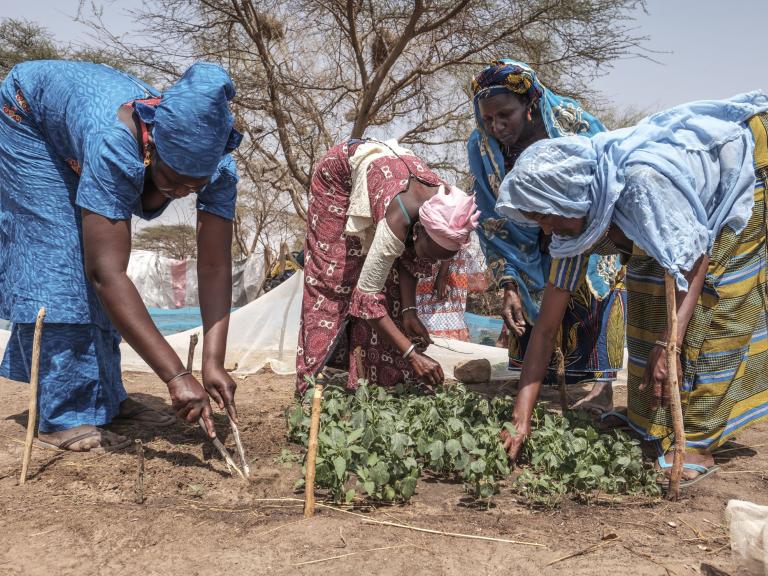
A record year for humanitarian aid
Every day, humanitarian aid workers are on hand to help millions of people around the world. Belgium, for its part, is doing a g...
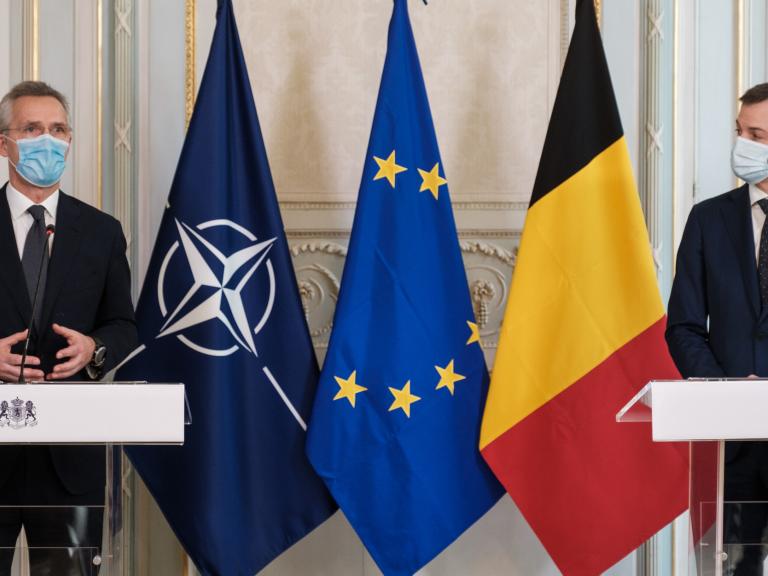
NATO: an alliance that is crucial for our security
On 14 June 2021, the heads of state of the NATO countries will meet in person in Brussels. US President Biden will also be in at...
